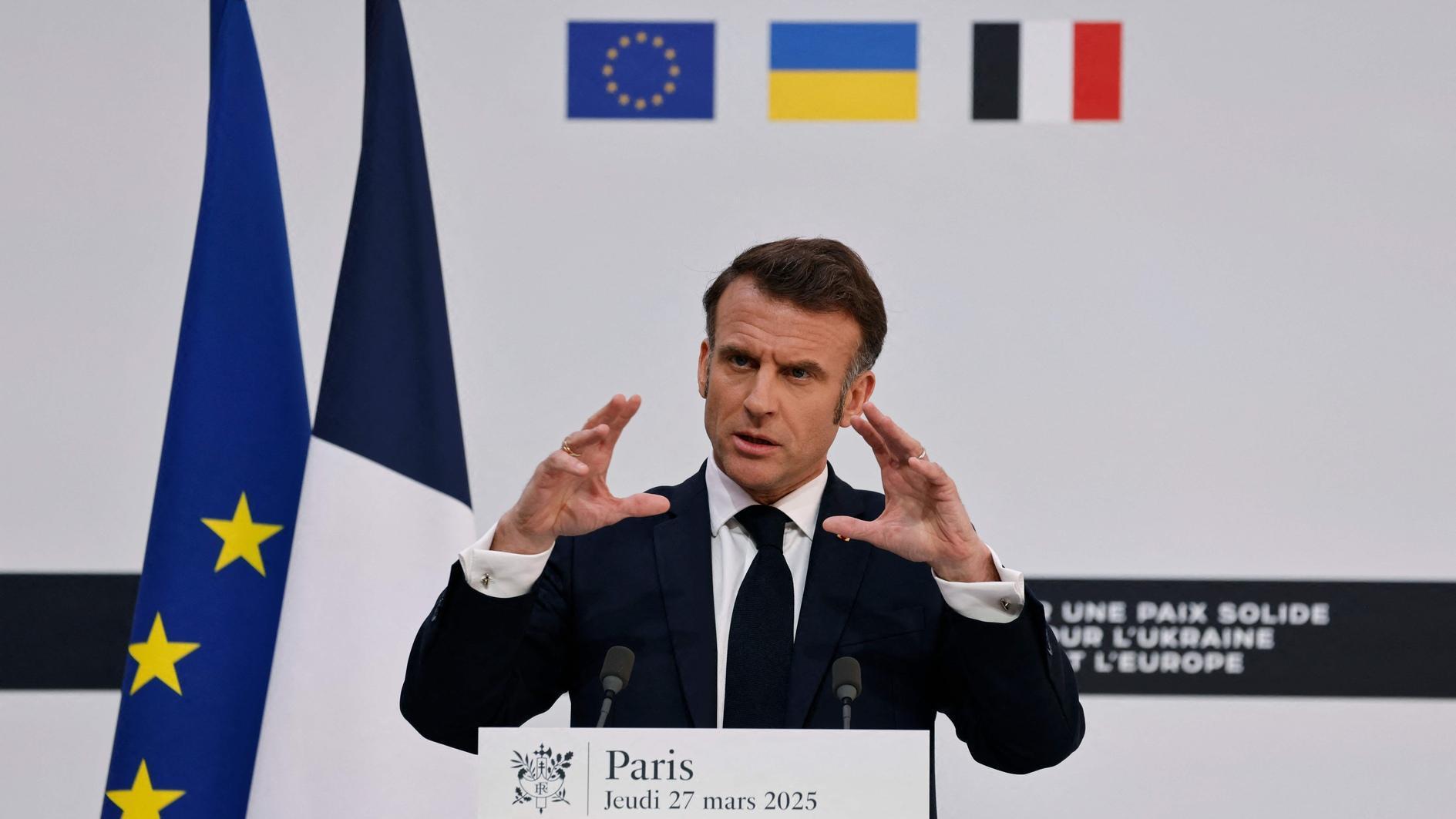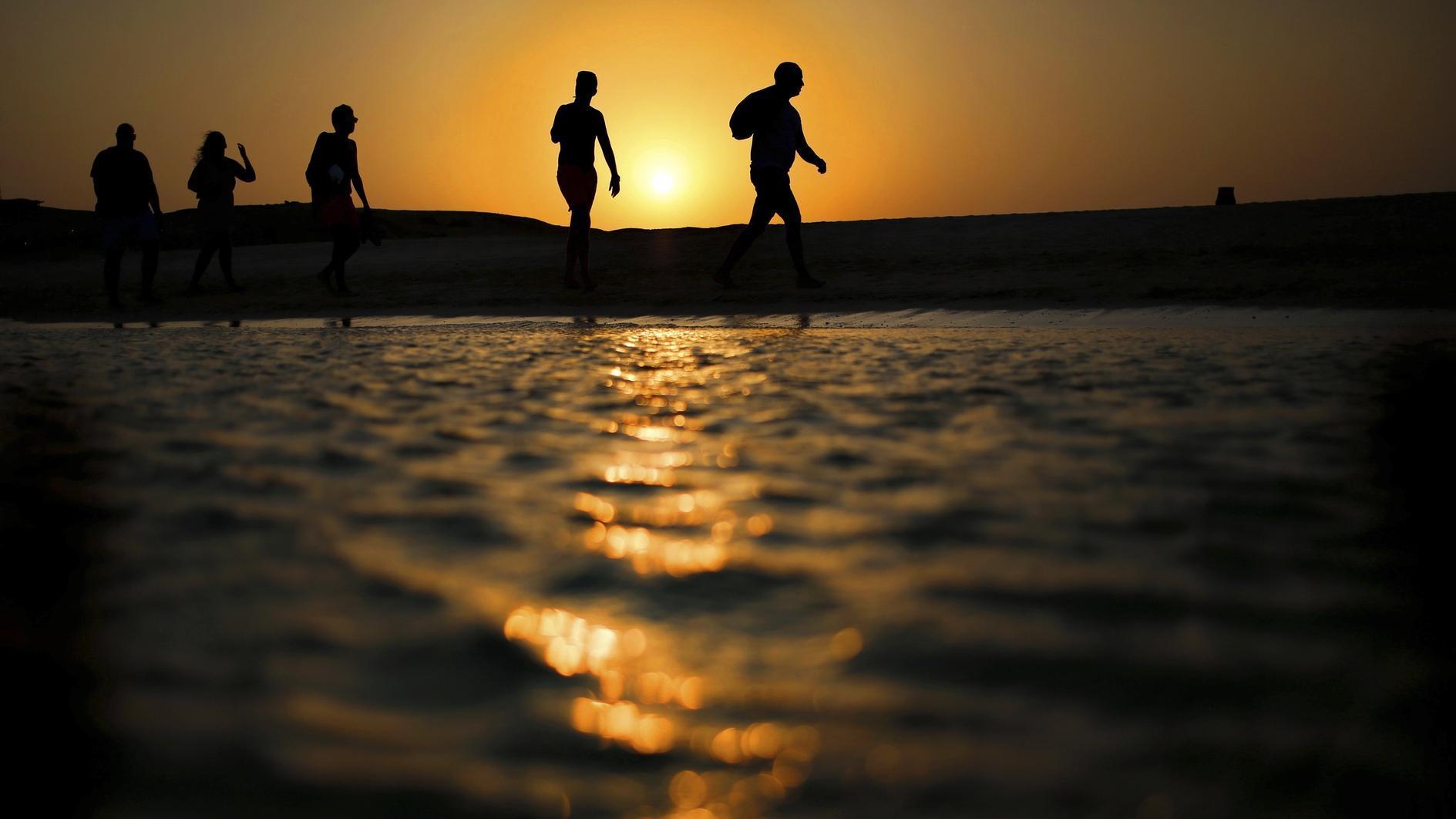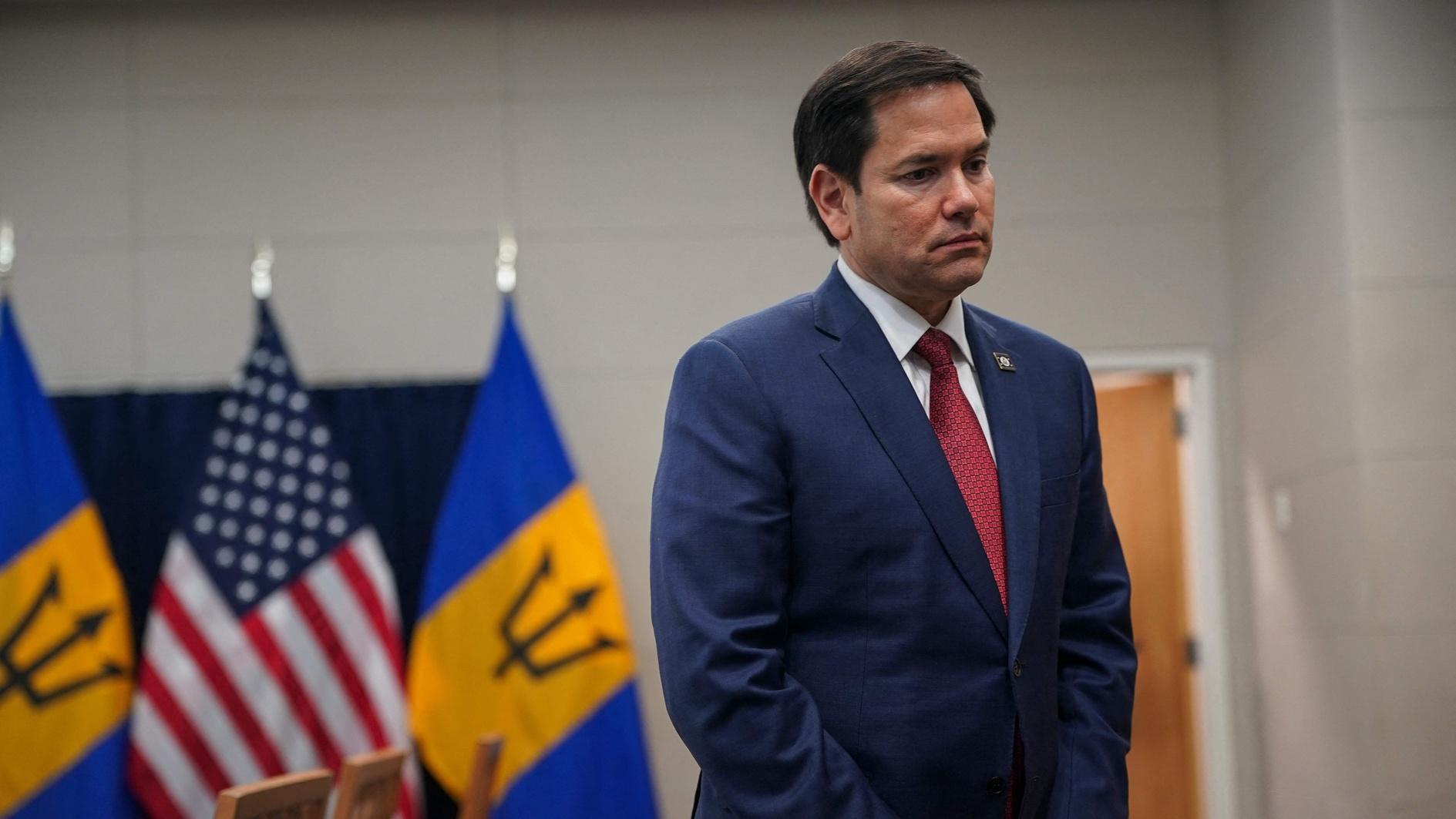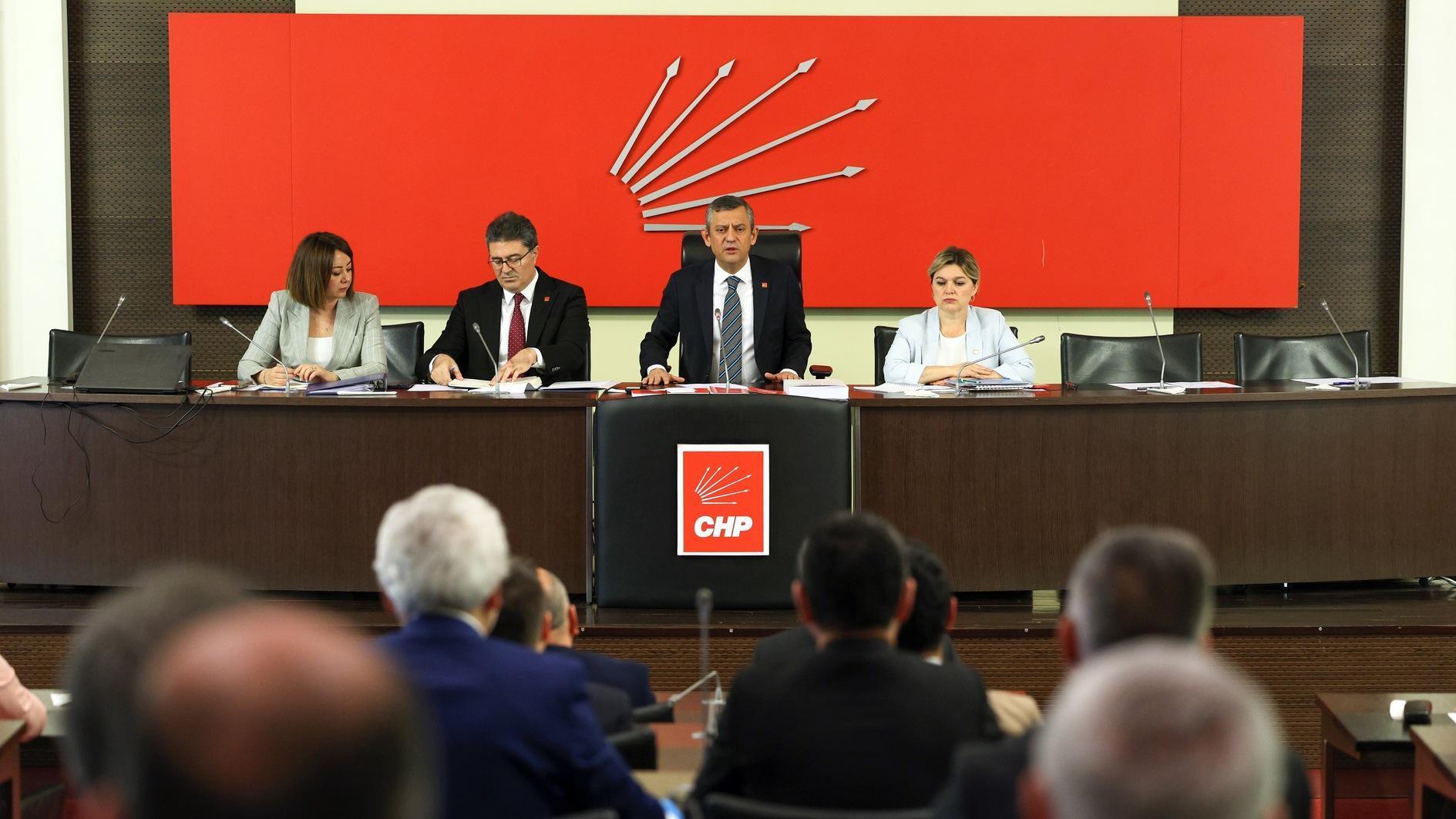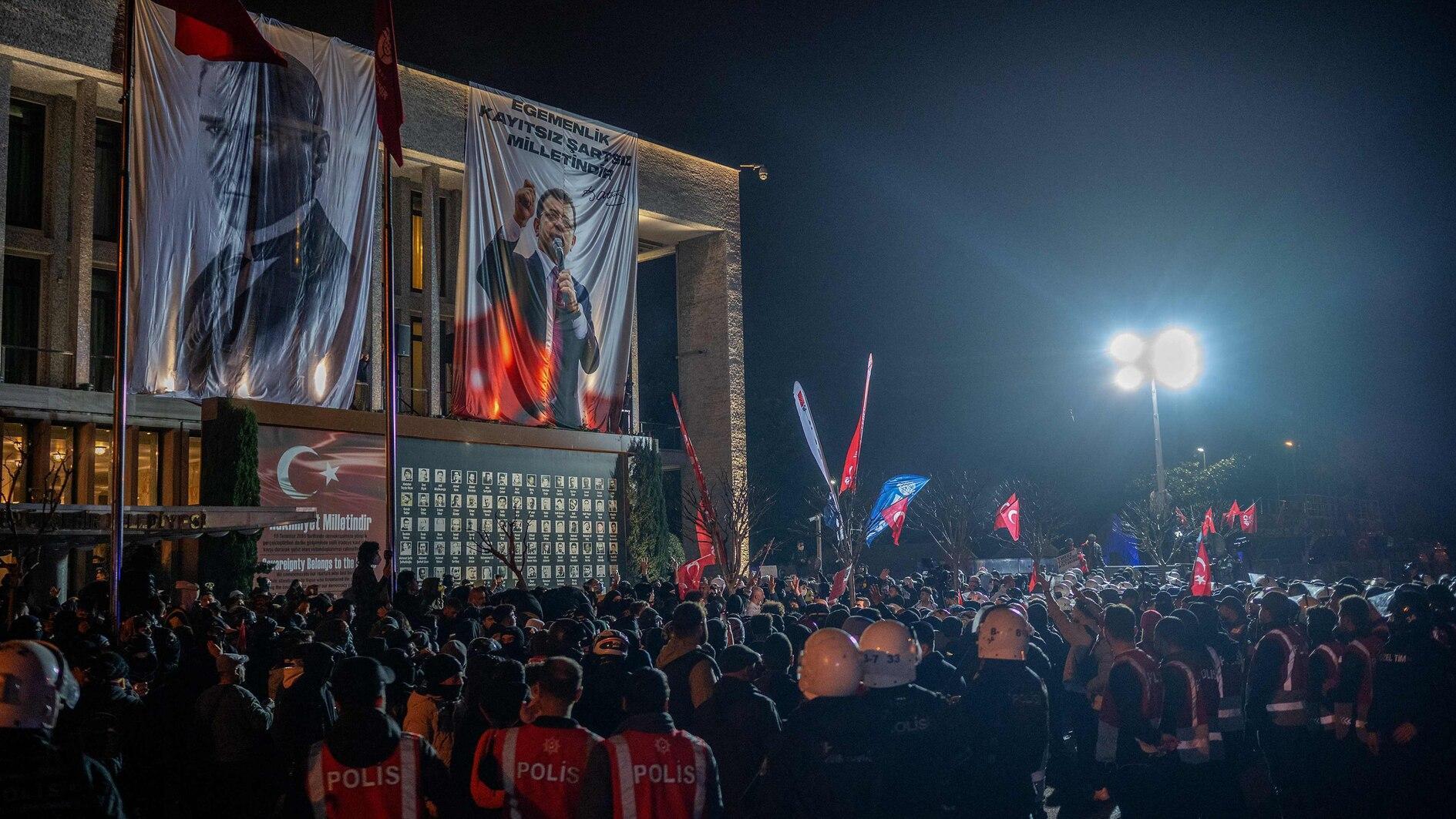Kerry, Cuban minister see 'progress' in historic talks
PANAMA CITY - Agence France-Presse
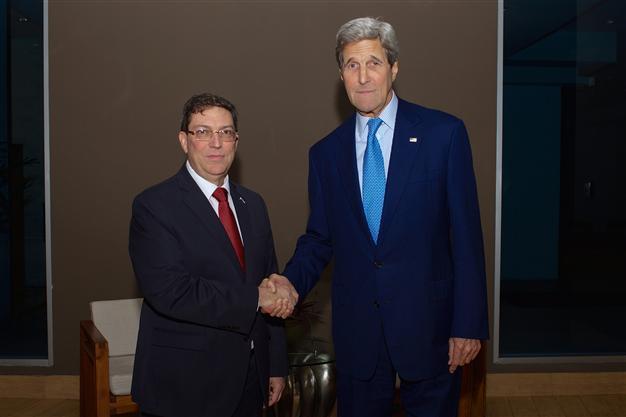
This handout photograph obtained courtesy of the US State Department photograph shows US Secretary of State John Kerry (R) shaking hands with Cuban Foreign Minister Bruno Rodríguez (L) on April 9, 2015 in Panama City, Panama on the sidelines of the Summit of the Americas. AFP Photo
US Secretary of State John Kerry and Cuba's foreign minister made progress as they held historic talks April 9 to restore diplomatic ties, a US official said before their presidents attend a landmark summit.Kerry and Cuban counterpart Bruno Rodriguez met in Panama City on the eve of the Summit of the Americas, the first meeting of this level since 1958, one year before Fidel Castro's revolution.
The chief diplomats "had a lengthy and very constructive discussion this evening. The two agreed they made progress and that we would continue to work to resolve outstanding issues," a senior State Department official said on condition of anonymity.
The US State Department's Twitter account published a picture of Kerry and Rodriguez looking at the camera with straight faces as they shake hands in a room with two chairs and a glass coffee table.
US President Barack Obama and Cuba's Raul Castro landed hours earlier in Panama ahead of the April 10-April 11 summit, where they will interact in another milestone in their efforts to thaw relations that froze in 1961.
Obama was moving closer to removing a major hurdle in the US-Cuba diplomatic thaw, as a US senator indicated that the State Department recommended removing Havana from a list of state sponsors of terrorism.
Senator Ben Cardin, a leading member of the upper chamber's foreign relations committee, said the removal was "an important step forward in our efforts to forge a more fruitful relationship with Cuba."
During a trip to Jamaica before heading to Panama, Obama confirmed that the State Department had completed a review of Cuba's inclusion on the list, but he declined to say what it recommended.
Having Cuba's name on the list has been a major sticking point in negotiations aimed at reopening embassies, which closed after the foes broke relations in 1961.
The blacklisting meant that Cuba was subject to a ban on weapons exports and economic aid as well as financial sanctions that make it difficult to get World Bank and other loans.
Cuba was first put on the list, which also includes Syria, Sudan and Iran, in 1982 for harboring ETA Basque separatist militants and Colombian FARC rebels.
Obama said the overall talks on establishing diplomatic relations with Cuba were moving along as he expected.
"I never foresaw that immediately overnight everything would transform itself, that suddenly Cuba became a partner diplomatically with us the way Jamaica is, for example," he said. "That's going to take some time."
"I do think that we'll be in a position to move forward on the opening of embassies in respective countries," Obama said.
An announcement about the terror list during the 35-nation summit would add to the historic symbolism of the gathering.
The meeting will mark the first time that a Cuban leader attends the event.
Mark Weisbrot, director of the Washington-based Center for Economic and Policy Research think tank, said removing Cuba from the list would be "just the beginning" of efforts to normalize relations.
"This is just a bare-minimum first step," Weisbrot said, noting that Havana also wants Congress to lift the US trade embargo and Washington to abandon the Guantanamo Bay naval base on Cuba's eastern edge.
Before Cuba can be removed from the list, Congress will have 45 days to decide whether to override Obama's recommendation.
US lawmakers who have been critical of the diplomatic detente could seize on the review of the list to further attack Obama's Cuba policy.
US Senator Ted Cruz, a Cuban-American Republican running for his party's presidential nomination, has been among the most vocal critics of the rapprochement.
A scene of lingering tensions among Cuban dissidents and government sympathizers emerged in Panama City when some 100 Castro regime supporters jeered dissidents as they arrived at a Latin American civil society forum.
US State Department spokeswoman Marie Harf condemned "those who use violence against peaceful protesters."
Analysts have pointed to another potential problem for Obama at the summit -- the sanctions he imposed against Venezuelan officials accused of human rights abuses in an opposition crackdown.
Venezuelan President Nicolas Maduro, Havana's main ally in the region, said April 9 he had gathered 13.4 million signatures in a petition calling for Obama to lift his executive order, which calls Caracas a US national security threat.
Maduro welcomed White House statements saying it does not see Venezuela as a threat after all, adding that it could "start a new historic era in relations."


